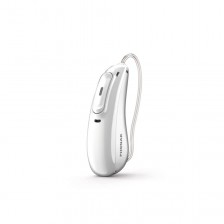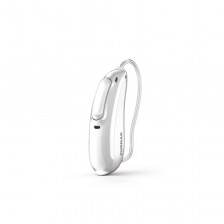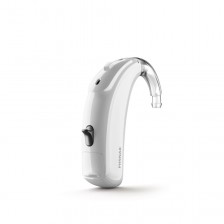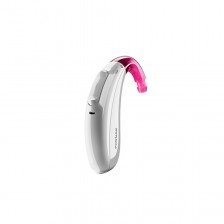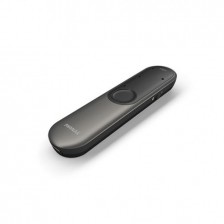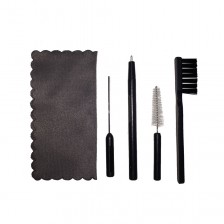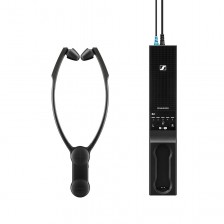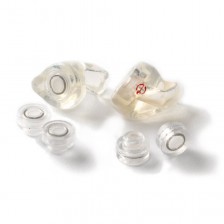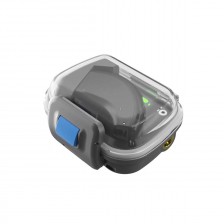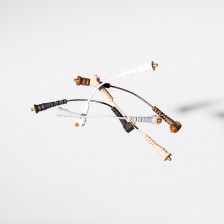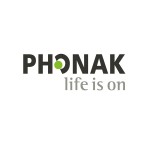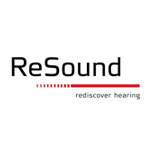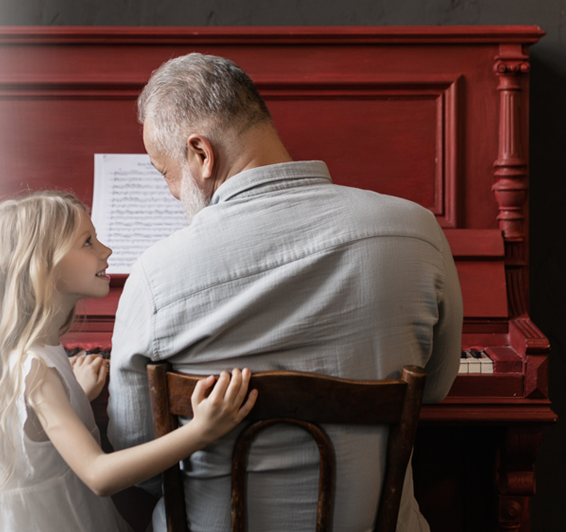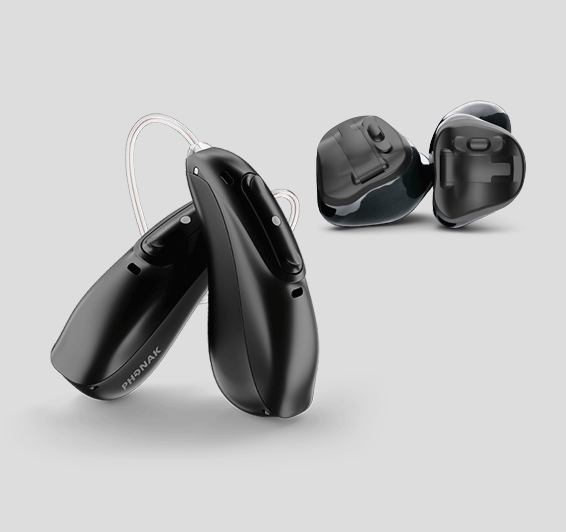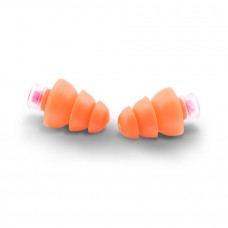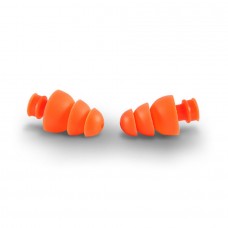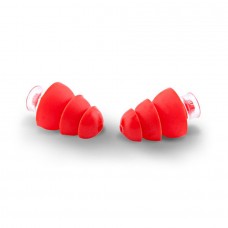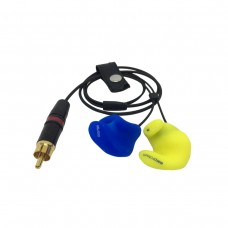What jobs are dangerous to the ear?

There are many jobs that involve exposure of the ear to loud noises. This exposure can be harmful and even dangerous to hearing health, as well as influencing other factors such as stress and increasing the risk of an accident.
The degree of involvement that sound can have and how it will affect our hearing health is usually not taken into account when applying it to a workplace. It should be noted that exposure to noise above 85dB over long periods of time is detrimental.
Professionals who require hearing protection at work
Next we will see which professions that can be dangerous to hearing require the use of mandatory or recommended protection.
- Airport ground staff
Airplane noise can reach 140dB. Professionals should always be properly protected, although prolonged exposure and carelessness can be extremely damaging.
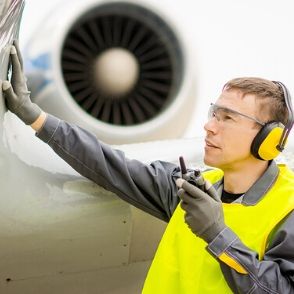
- Construction workers
The machines needed in the construction industry exceed the recommended decibels, making people working in this sector vulnerable to hearing ailments due to their long-term exposure.
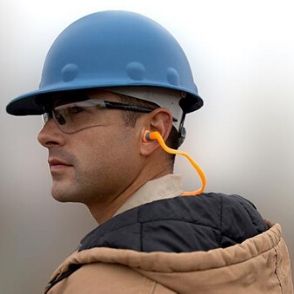
- Hunters
Hunters can also reach the 140dB noise exposure. There are also specific protections.
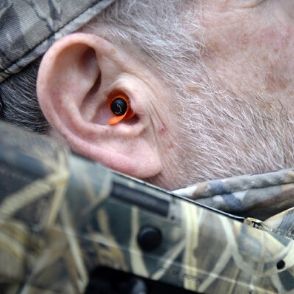
- Drivers
On the one hand, drivers of racing cars, Formula 1, motorcycles, etc... and their engineers also suffer the dangers of exposure to loud sounds for a long time as the engines of these transports reach 135dB.
On the other hand, drivers of buses, trains or taxis can also suffer hearing loss because the engines of these means of transport are also too loud, but also because they coexist with other sounds such as daily traffic or people's noise (music, people who speak loudly, etc.).

In order to prevent the possible ailments of these jobs it is essential that companies have an occupational risk prevention plan that contemplates long-term illnesses. And that all workers in these sectors also become aware and have a more exhaustive control of their hearing health.
